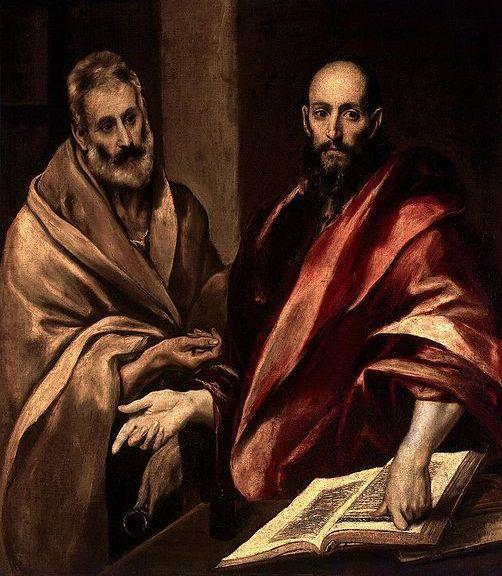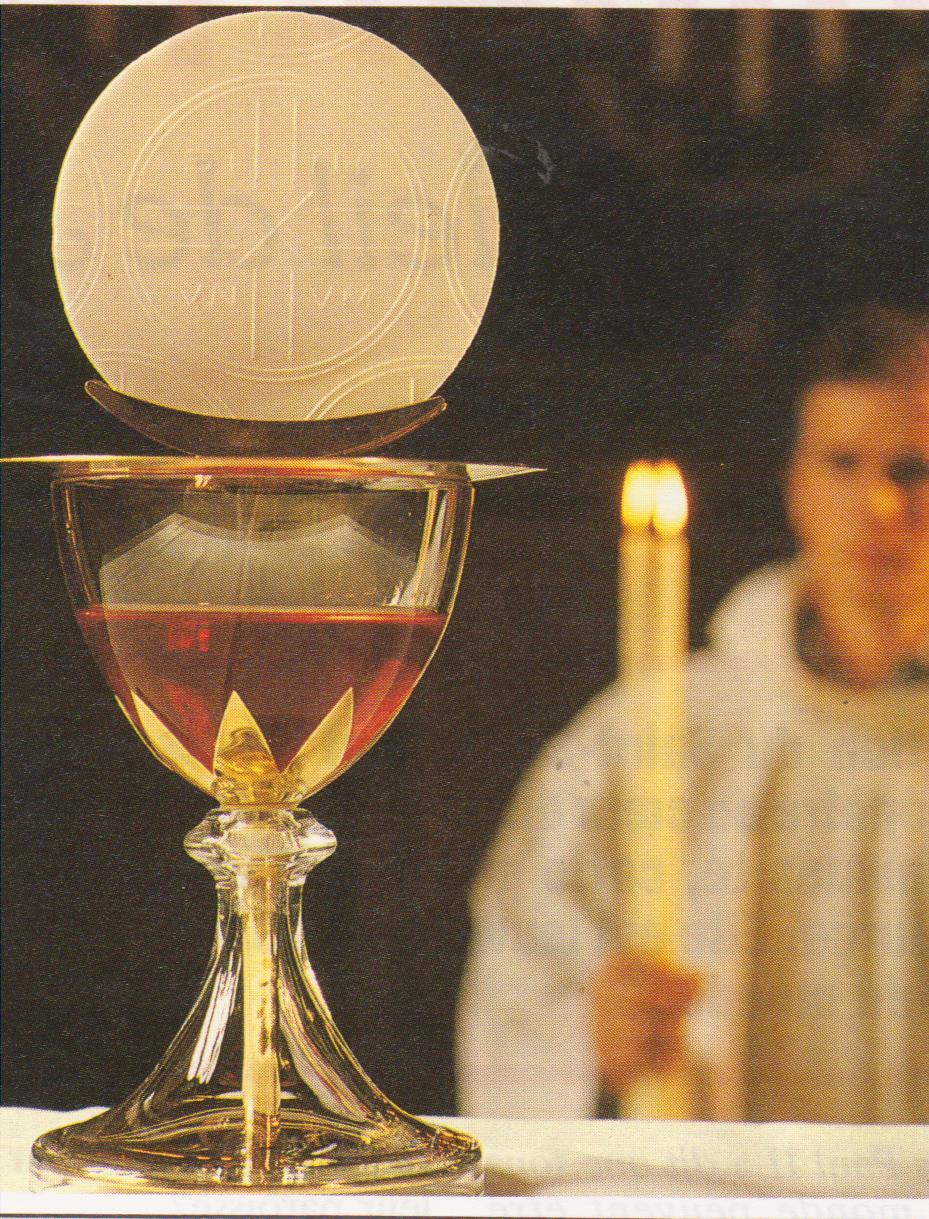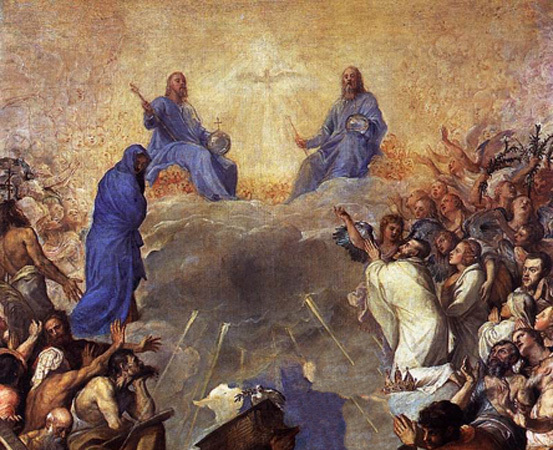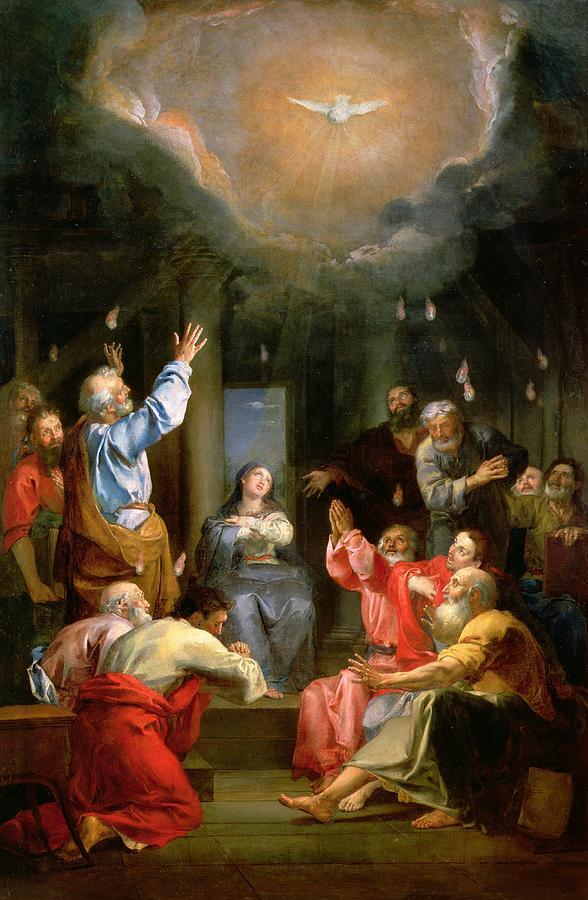Episodes
Thursday Jun 26, 2014
June 29 - Feast of Saints Peter and Paul : To love Jesus in life and in death
Thursday Jun 26, 2014
Thursday Jun 26, 2014

First
Reading : Acts 12:1–11
Psalm : Psalm 34:2–9
Second Reading : 2 Timothy 4:6–8, 17–18
Gospel : Matthew 16:13–19
Today we gather for the solemn celebration of Saints Peter and Paul, the principal Patrons of the Church of Rome. It is interesting to note the personalities of both Peter and Paul. Peter was impetuous, telling Jesus that he would die with him on Holy Thursday night if necessary (John 13:37) but later that night he denied he knew him. Yet what made Peter a suitable candidate for Jesus’ call was his love, so three times Jesus asked him if he loved him and asked him to look after the flock. Paul was a controversial character in his own way. He had a fiery personality. In his early life he channelled that fire towards persecuting the Christians in Jerusalem, even witnessing the death of Stephen, the first martyr for Jesus (Acts 8:1). After his conversion Paul’s preaching was fiery and upset the churches. As we look at the personalities of Peter and Paul, we see that God called them to use their personalities to spread the Gospel, Peter to use his impetuous love to look after the flock, and Paul to use his training as a Pharisee and his strength of character to ensure that the non-Jews would be welcomed into the church. It is a reminder to us that our talents and our weaknesses too can become God’s means of helping others, if we allow. We don’t have to be perfect for God to work through us, God can work through us, faults and all, as he did with Peter and Paul.
Thursday Jun 19, 2014
June 22 - Corpus Christi - The Feast of the Body and Blood of Christ
Thursday Jun 19, 2014
Thursday Jun 19, 2014

First Reading : Deuteronomy 8:2-3, 14-16
Psalm : Psalm 147:12-15, 19-20
Second Reading : 1 Corinthians 10:16-17
Gospel : John 6:51-58
Today we celebrate the Feast of the Body and Blood of Christ. One of our Eucharistic Acclamations after the Consecration is “When we eat this bread and drink this cup we proclaim your death, O Lord, until you come again.” That is what Paul wrote to the Corinthians (1 Cor 11:26). How can we say that when we gather for the Eucharist we proclaim Jesus’ death? When we gather for the Eucharist it is to be an act of love, reflecting the love of Jesus sacrificing himself on the cross for us. If we gather for the Eucharist and we really don’t care about each other then our Eucharist is meaningless. Once again in the same chapter Paul says that our Eucharist is a shame if we do not love one another. When we gather for the Eucharist it is to be an act of love, reflecting the love of Jesus sacrificing himself on the cross for us. Our daily lives must reflect the Eucharist we celebrate. Each day, we must give of ourselves, pour out our lives in service and in love of others. How? In small ways — almost unnoticed, but so real and sometimes not convenient to do. For example: "Daddy, will you come play with me?" "Mom, will you help me?" The phone rings: "I wonder if you could help me…" Or "I need to talk to you because..." An older person in the family: how about a visit, a call or a letter? In Eucharist, we celebrate here in worship what we must live out there in daily life. That is why the Eucharist is essential to Catholic belief and fundamental to Catholic life.
Wednesday Jun 11, 2014
June 15 - Trinity Sunday : God's Love overflows
Wednesday Jun 11, 2014
Wednesday Jun 11, 2014

First Reading : Exodus 34:4-6, 8-9
Psalm : Daniel
3:52-56
Second Reading : 2
Corinthians 13:11-13
Gospel : John
3:16-18
Today is Trinity Sunday. Our God is not simply one. He is three-in-one. A community of persons united in love. Therefore, there’s no chance that we’re merely expressions of God’s neediness. Instead, we’re an expression of God’s love. Perfect love, which God is, is giving, generous, overflowing. It can’t contain itself. You and I might understand ourselves, then, as an overflowing of God’s love. And since we’re made in God’s image, we can say that we’re both created by overflowing love, and created for overflowing love. Which makes our existence both a gift, and a possibility- a possibility to give and receive love the way God does: a perfect love without conditions, without limits. The Trinity is not something to be argued about or explained in rational terms but a mystery to be experienced, the mystery of our own unity in God. It is a sanctifying and mysterious presence, like a bright cloud with a voice of fire and the fluttering of wings, an indwelling Spirit, a boundless Light, a presence we manifest in ourselves whenever we invoke the Holy Trinity in the Sign of the Cross: “In the name of the Father, and of the Son, and of the Holy Spirit.” In Nomine Patris, et Filii, et Spiritus Sancti. Amen.
Tuesday Jun 03, 2014
June 8 - The Solemnity of Pentecost: Transformation
Tuesday Jun 03, 2014
Tuesday Jun 03, 2014

First
Reading : Acts
2:1-11
Psalm
: Psalm 104:1,24,29-31,34
Second Reading : 1
Corinthians 12:3-7,12-13
Gospel
: John 20:19-23
Today we are celebrating
the great Solemnity
of Pentecost. If, in a certain sense, all the
liturgical solemnities of the Church are important, Pentecost is uniquely so.
This is because, having reached the 50th day, it marks the fulfilment of the
event of the Passover, death and resurrection of the Lord Jesus through the
gift of the Spirit of the Risen One. The disciples are locked in the upper
room out of fear. But Jesus brings them Peace. The violence of the darkness
which attempted in vain to quench the light has produced peace. Death has
turned into life and peace and thus the disciples’ fear turns in to joy. Here
we find the beginnings of the transformation which the death and resurrection
of Jesus can produce. Pentecost puts an end to fear by calling men and women to
forgiveness. The wholeness and holiness which Jesus’ gift of the spirit has
brought into the lives of the disciples are now available, through them, to the
forgiven sinner.

